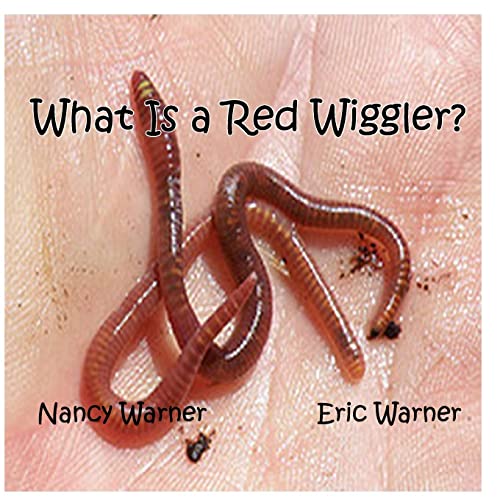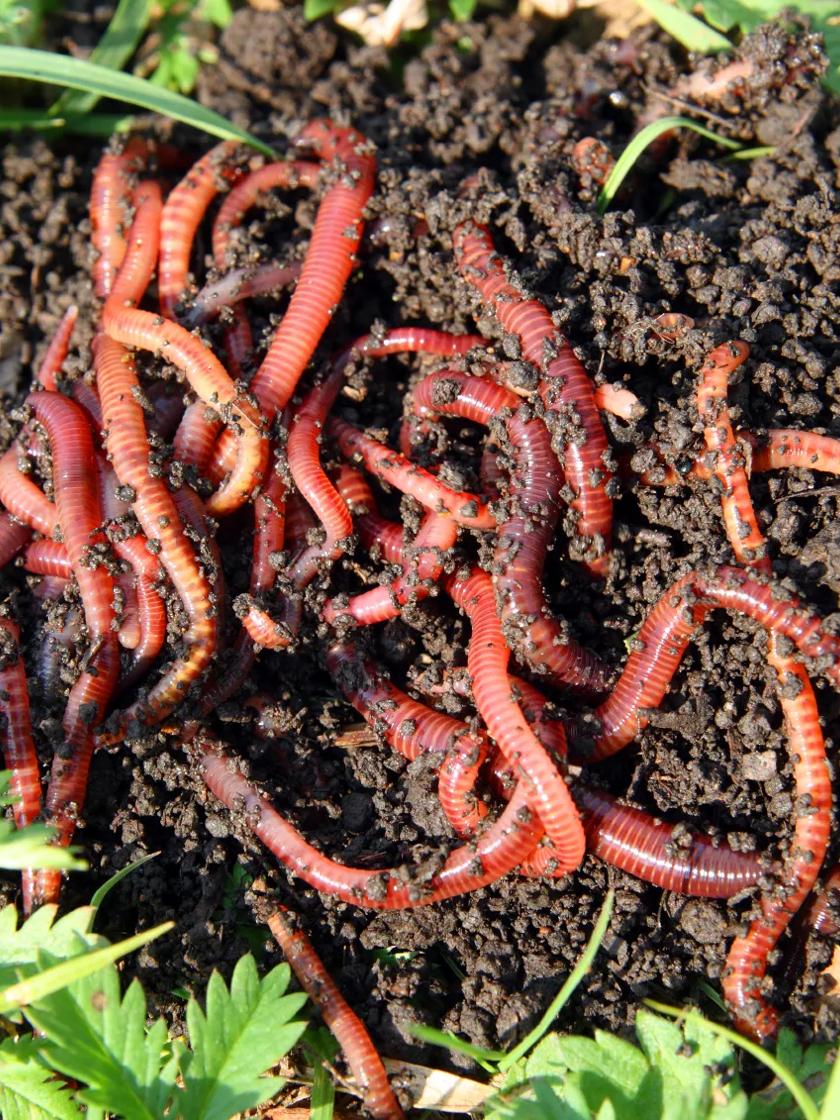Find the Best Products for Lawn Care with Red Wiggler Express for Thriving Lawns
The Extraordinary World of Red Wigglers: Increase Your Dirt Fertility Today
The role of red wigglers, or Eisenia fetida, in boosting dirt fertility is a subject of growing passion among garden enthusiasts and farming professionals. These tiny yet effective microorganisms change organic waste right into valuable worm spreadings, considerably improving dirt health and advertising sustainable methods. As we explore the advantages of vermicomposting and the practical actions to create an efficient worm bin, the prospective impact of these worms on your gardening success comes to be progressively noticeable. Comprehending the subtleties of their care and application might simply change the means you approach soil monitoring. What insights can be gotten from integrating these remarkable creatures right into your horticulture regimen?
Recognizing Red Wigglers
Red wigglers, scientifically referred to as Eisenia fetida, are a types of earthworm that play an essential function in improving dirt fertility. These worms grow in organic-rich environments, such as compost heap and rotting plant material, where they take in natural waste and secrete nutrient-dense spreadings. Their one-of-a-kind makeup, including a fractional body and a clitellum, allows them to reproduce rapidly and efficiently process huge amounts of raw material.

The ecological significance of red wigglers expands past simple waste processing; they add to the soil food internet, promoting a diverse neighborhood of microorganisms that better improve soil health and wellness. Understanding the biology and actions of red wigglers is vital for harnessing their complete potential in lasting farming and gardening techniques.
Benefits of Vermicomposting
(Lake Rhodhiss Bait)Utilizing the power of red wigglers via vermicomposting offers many advantages that considerably boost soil health and wellness and fertility. Among the key advantages is the manufacturing of nutrient-rich worm spreadings, which are an outstanding all-natural plant food. Red Wiggler Express. These castings include crucial nutrients like nitrogen, phosphorus, and potassium, promoting robust plant development and boosting plant yields
The presence of worm castings improves dirt appearance, allowing for far better water retention and water drainage. Red wigglers aid damage down natural issue, increasing disintegration and reusing nutrients back into the soil.
Vermicomposting likewise fosters microbial activity, which is vital for a healthy soil ecosystem. Beneficial microbes flourish in the existence of worm spreadings, assisting in the failure of natural materials and enhancing nutrition accessibility to plants.
Last but not least, vermicomposting works as an effective waste administration solution, minimizing landfill waste by reusing kitchen area scraps and other organic products. This not only adds to environmental sustainability yet additionally promotes a round economic situation within gardening and agriculture.
Just How to Set Up a Worm Bin
Establishing a worm bin is a simple procedure that can considerably boost your composting initiatives. Begin by choosing a proper container, which can range from a commercially readily available worm container to an easy plastic or wood box (Red Wiggler Express). Guarantee the container has ample ventilation; tiny openings in the cover and sides will help with air flow
Next, develop a bed linen layer to offer a comfortable environment for the red wigglers. This can be made from shredded paper, cardboard, or coconut coir, moistened to a wet, sponge-like uniformity. Load the bin to around one-third complete with this bed linen product.
As soon as the bed linen is prepared, it's time to present the worms. Red wigglers flourish in natural Red Wiggler Express waste, so area them delicately onto the bedding. Cover the worms with a light layer of extra bed linen to aid them adapt.
Feeding Your Red Wigglers
Providing the right food for your red wigglers is vital for their health and the efficiency of your composting system. Red wigglers grow on a different diet, largely including organic materials such as vegetables and fruit scraps, coffee grounds, and shredded paper. These products not just provide important nutrients however additionally contribute to the microbial task in the worm container, which is essential for the worms' food digestion.
It is necessary to prevent certain foods, such as milk products, oils, and meats, as these can draw in bugs and develop unpleasant smells. In addition, citrus peels and excessively zesty foods need to be restricted due to their potential to hurt the worms. A well balanced approach to feeding entails keeping track of the amount of food introduced to the container, ensuring that it is consumed within a practical amount of time to avoid excess waste accumulation.
To promote optimal food digestion, it is beneficial to slice or shred larger food things prior to adding them to the container. This method increases the area for microbial action, helping with quicker decay and enhancing the general performance of your composting system. Regularly observing the worms' feeding behaviors will certainly help you adjust their diet regimen as essential.
Making Use Of Worm Spreadings in Your Yard

(Red Wiggler Express)Integrating worm castings right into your garden can be achieved by blending them into the soil or using them as a top dressing. The slow-release nature of these castings makes certain that nutrients are available to plants over an extensive duration, lowering the demand for synthetic plant foods. Furthermore, worm spreadings have helpful microbes that promote healthy dirt communities, improving the general strength of your garden.
To take full advantage of the benefits, goal to use roughly one component worm spreadings to three components dirt in your planting beds. Normal applications can result in enhanced plant returns and healthier plants, making worm spreadings a vital resource for both novice and skilled gardeners alike. By utilizing this all-natural modification, you can cultivate a thriving yard while adding to sustainable horticulture practices.
Final Thought
In final thought, red wigglers exemplify the vital duty of vermicomposting in boosting soil fertility. Their capability to convert organic waste right into nutrient-rich castings considerably enriches soil structure and sustains microbial variety.